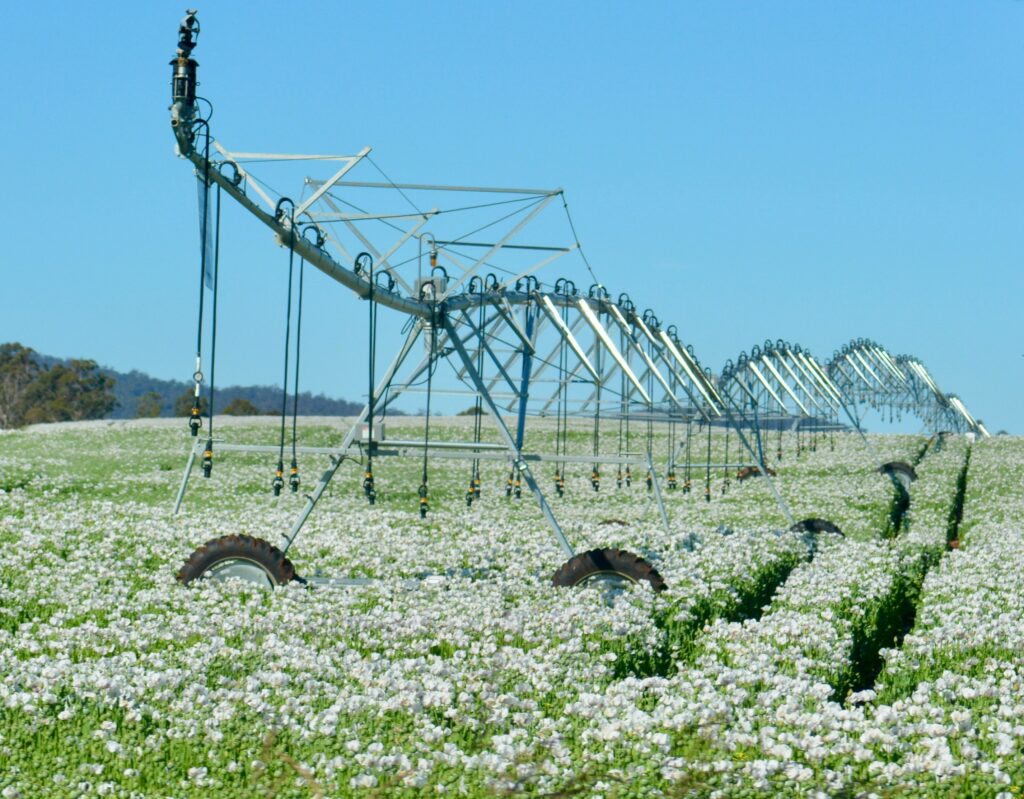Standard irrigation pumps often run for long hours during the growing season. Even small gains in efficiency can translate into thousands of dollars in annual savings. A pump that operates at 82 percent efficiency versus one at 70 percent can significantly reduce energy use over time. These efficiency gains become especially important when electricity or diesel costs spike during peak demand periods. That amounts to thousands of dollars saved over the growing season.
Cornell’s high efficiency pumps are designed with precision cast components, hydraulically matched impellers, and optimized volute geometry. Many models feature balance lines that reduce axial thrust, which allows for tighter internal clearances and more efficient operation. On larger pumps, double volute designs help equalize internal pressure, reduce radial loads on the shaft and bearings, and improve overall efficiency.
In addition to energy savings, high efficiency pumps often require less maintenance. Operating with smoother flow paths and lower internal stress, these pumps reduce wear on seals, bearings, and impellers. This leads to longer service intervals and fewer unplanned shutdowns, contributing to lower total ownership costs.
Choosing the right pump matters. High efficiency models help agricultural operations reduce costs, improve system reliability, and support long-term performance. For decades, Cornell Pump has supported farmers with solutions that deliver measurable savings and lasting value.



